The 8 best NFT wallets to try in 2024
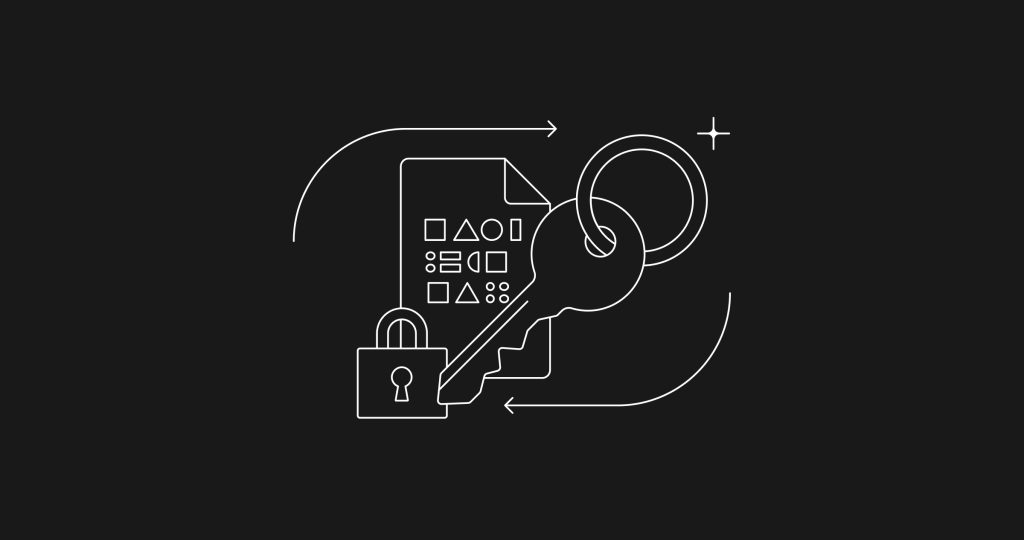

Within the Web3 and blockchain space, non-fungible tokens (NFTs) have gained traction. They offer a unique way for artists, musicians, and creatives to monetize their content. The events industry has also taken notice, using NFTs as tickets for their events.
In 2023, the NFT market predicted it'd make US$1,601.00 million to US$3,546.00 million, indicating significant growth. However, it saw a dip in trading volumes and NFT holders in Q1 2023 due to market dynamics, but the NFT HODLers out there are still hoping for a comeback in 2024.
For those interested in NFTs, understanding their basics is crucial. First off, finding the right wallet to securely store these unique tokens is essential. This guide aims to introduce you to the best NFT wallet options to help make sure of a safe and smooth NFT journey.
Get started
TL:DR
-
NFT popularity: NFTs have revolutionized monetization for artists and are even used as event tickets. They faced a market dip in 2023, but enthusiasts remain hopeful.
-
Understanding NFTs: Unlike fungible assets like a $100 bill, NFTs are unique and represent one-of-a-kind assets on the blockchain with trackable ownership.
-
List of NFT wallets: We provide a list of top 8 NFT wallets, that support creating, trading and buying NFTs.
-
Choosing an NFT wallet: Key considerations include blockchain support, flexibility, custodial vs. non-custodial, direct buying/selling features, and a user-friendly interface.
What are NFTs?
To gain insight into NFTs, it's important to understand fungibility. If an asset is fungible, it can be exchanged for a similar type of asset or commodity. As opposed to fungible currencies, each NFT token created is distinctive. Through the blockchain network which it's built on, possession of the token can be followed. On the other hand, a $100 bill will always be equal in value and is interchangeable for another $100 bill.
In the case of NFTs, each of them is unique and cannot be exchanged for one another. NFTs represent one-of-a-kind assets that can be bought or sold.
All NFTs get minted on top of a blockchain network, and multiple blockchains support NFTs. Every NFT will feature metadata that's associated with it. This metadata gets used for the verification and clarification of the authenticity and ownership.
Anyone can, at any point in time, verify the ownership of NFTs. The ownership can also be transferred to any wallet that supports the token standard. However, the wallets need to support the token standard for each blockchain NFTs are created on. This is why multiple wallets exist, and today, we'll explore the best options.
The best NFT wallet will support numerous token standards and can connect to multiple NFT marketplaces.
What to look for in an NFT wallet
When choosing an NFT wallet, it's wise to consider some key characteristics to make sure your choice best fits your needs. These considerations include:
-
Blockchain Support: Given that NFTs can be created on various blockchains, it's vital for the wallet to support as many token standards as possible. This allows you to store your entire collection in one place, promoting easier management and a better organizational structure.
-
Flexibility: The wallet should be versatile and accessible on both web and mobile devices. This way, you can easily access your assets from anywhere, anytime. This is particularly important as NFTs are typically traded on specialized marketplaces, which are platforms designed to provide extensive information about NFTs to both buyers and sellers.
It's important to note the difference between custodial and non-custodial wallets. For instance, custodial wallets provide less control over assets, which might not be ideal for everyone. The wallet might also offer features for directly buying and selling NFTs, which can be a significant convenience.
The ideal NFT wallet should also have a seamless connection with these marketplaces, and a user-friendly interface that anyone can navigate easily.
The wallet should have a gallery view feature, allowing users to showcase their NFTs visually. While not all these features are mandatory, the more a wallet has, the better the overall user experience will be. By considering all these factors, collectors can make an informed decision and select the best NFT wallet for their needs.
Top 8 NFT wallets
Now we've explored what NFTs are, let's move on to the best NFT wallet options available.
1. SPACEX Wallet
The SPACEX Wallet serves as a one-stop shop for buying, creating, and trading NFTs across different blockchains and platforms. It provides the option of creating a keyless wallet using Multi-party Computing (MPC), so there's no need for private keys. The wallet is available as a browser extension and mobile app.
With the wallet's generative art AI feature, you can use it to create your own masterpiece in seconds and mint your NFT. But that's not all. As a multichain wallet, it's connected to other NFT marketplaces like OpenSea, LooksRare, and MagicEden.
The SPACEX Wallet also charges zero fees for trading. With an intuitive user experience, and as the first Web3 wallet to provide MPC, the SPACEX Wallet helps you manage your digital assets simply and securely.
2. MetaMask
MetaMask is one of the most popular Ethereum-based wallets out there. It helps manage, store, and transfer NFTs and digital assets easily. For blockchain developers, MetaMask provides support for building smart contracts for NFTs. It operates as a mobile and browser extension, and can interact with many Ethereum decentralized applications (DApps) and other blockchains.
3. Enjin
Enjin is a user-friendly, non-custodial wallet built on Ethereum that provides users with full control of their NFTs. It's seen extensive use within the gaming and NFT collecting communities and offers some of the largest NFT collections. The wallet is also available as a mobile application — one other reason why it's one of the top choices for NFT enthusiasts.
4. Ledger Nano S Plus
A hardware wallet is the way to go if you're looking for the utmost safety. However, unlike the other wallets that come with no cost, hardware wallets must be purchased. They're tangible devices disconnected from the internet, making them a great choice for securing your digital assets. The Ledger Nano S Plus offers NFT support, and can easily integrate with MetaMask, for example, to safely and securely store NFTs.
5. ZenGo Wallet
ZenGo is a secure platform for managing, storing, and exchanging NFTs. It uses facial recognition technology and removes the need for seed phrases. ZenGo supports multiple blockchains, including Ethereum and Polygon, allowing users to access, store, and display NFTs without requiring separate wallets.
If your mobile phone gets lost or damaged, ZenGo will securely backup your NFTs so you can recover them. You can install the app on another phone and follow the steps to restore your digital assets.
6. Alpha Wallet
Alpha Wallet is a decentralized, non-custodial wallet built on the Ethereum blockchain. It offers users the flexibility to handle their own private keys, as well as a mobile app for easy access. Its features include a section for NFT and gaming tokens, a DApp browser for connecting to NFT marketplaces and DeFi platforms, and the ability to buy and sell NFTs.
7. Trust Wallet
Trust Wallet is an open-source wallet that allows users to buy, sell, and trade NFTs, as well as viewing the details behind each NFT. It's also easy to use on mobile devices, with a native app for both iOS and Android. The Trust Wallet supports a variety of blockchains as well as all major NFT marketplaces.
8. Math Wallet
MathWallet is an ideal multi-chain wallet for those who want to securely store, send, and receive NFTs from different blockchain systems. It includes a DApp store, allowing you to investigate trading platforms and popular NFT games.
MathWallet has adopted the ERC-6551 standard, a standard for NFTs in the Ethereum blockchain. The goal is to make NFTs more interactive and functional by adding a Token Bound Account (TBA) feature. This feature lets you access contract accounts and a free registry.
The final word
We've analyzed some of the leading wallets in the blockchain space, with each presenting its own unique advantages. While hardware wallets offer unparalleled security, many believe that software wallets provide superior convenience.
The ideal NFT wallet varies for each individual, depending on your needs and how you want to access your digital assets. Assessing your requirements and thoroughly exploring wallet functionalities before committing is crucial. Whichever you choose, rest assured you can securely store your NFTs.
Get started

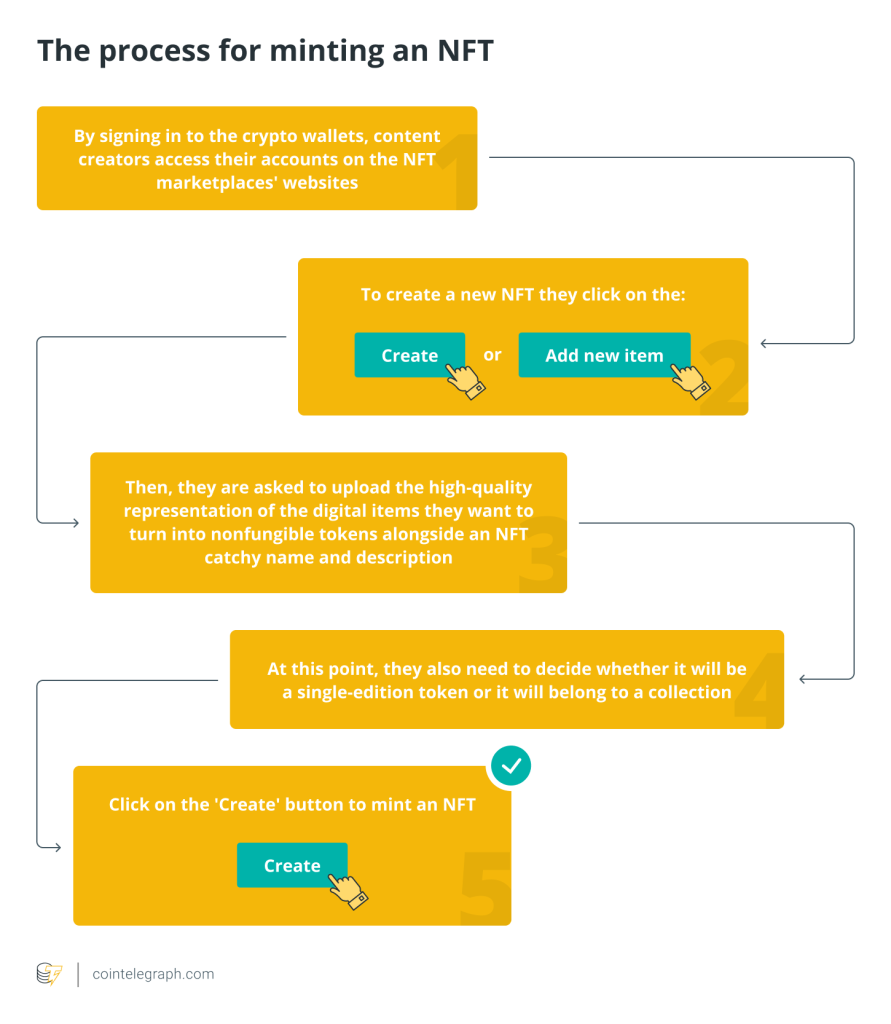
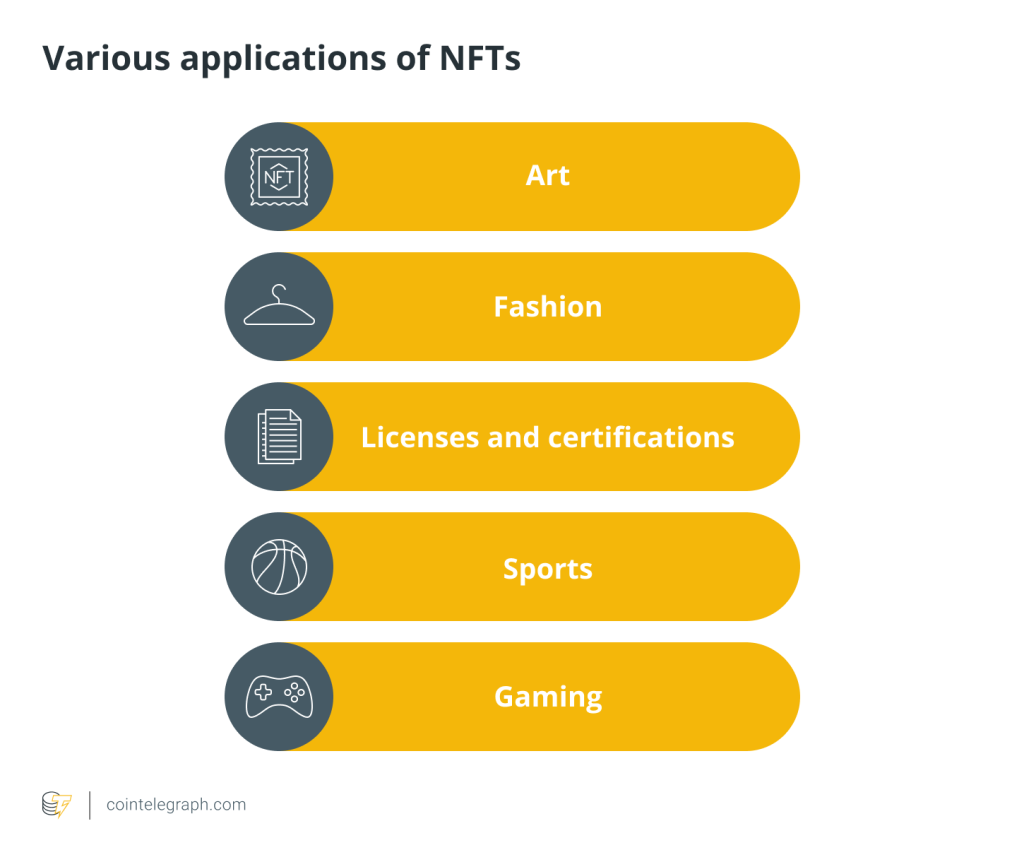
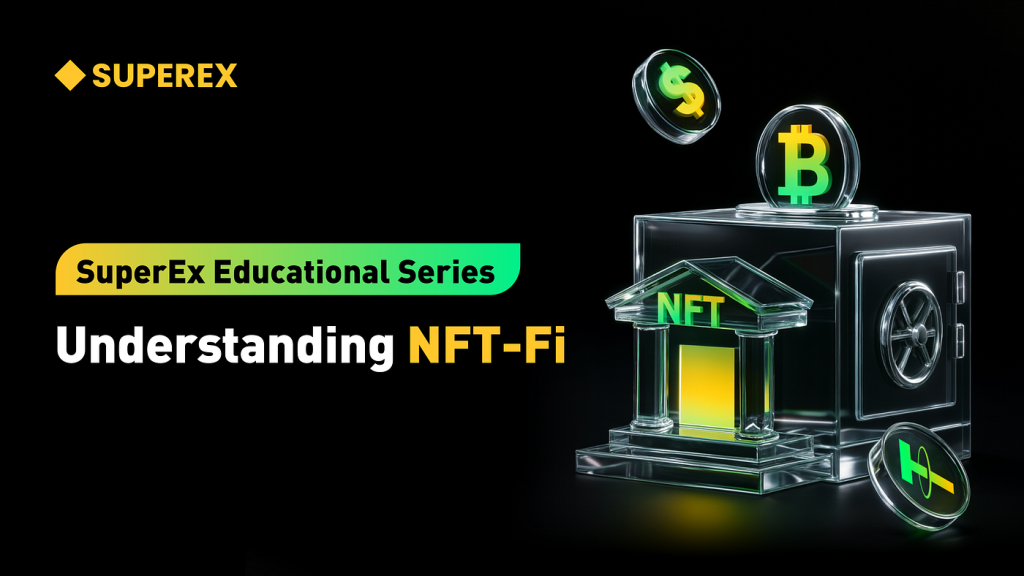
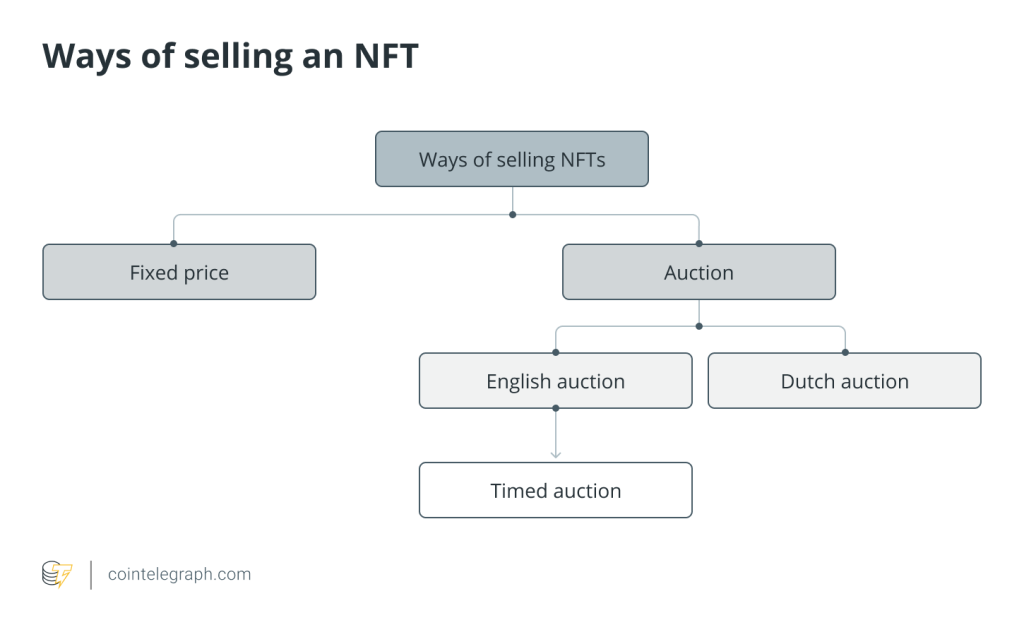
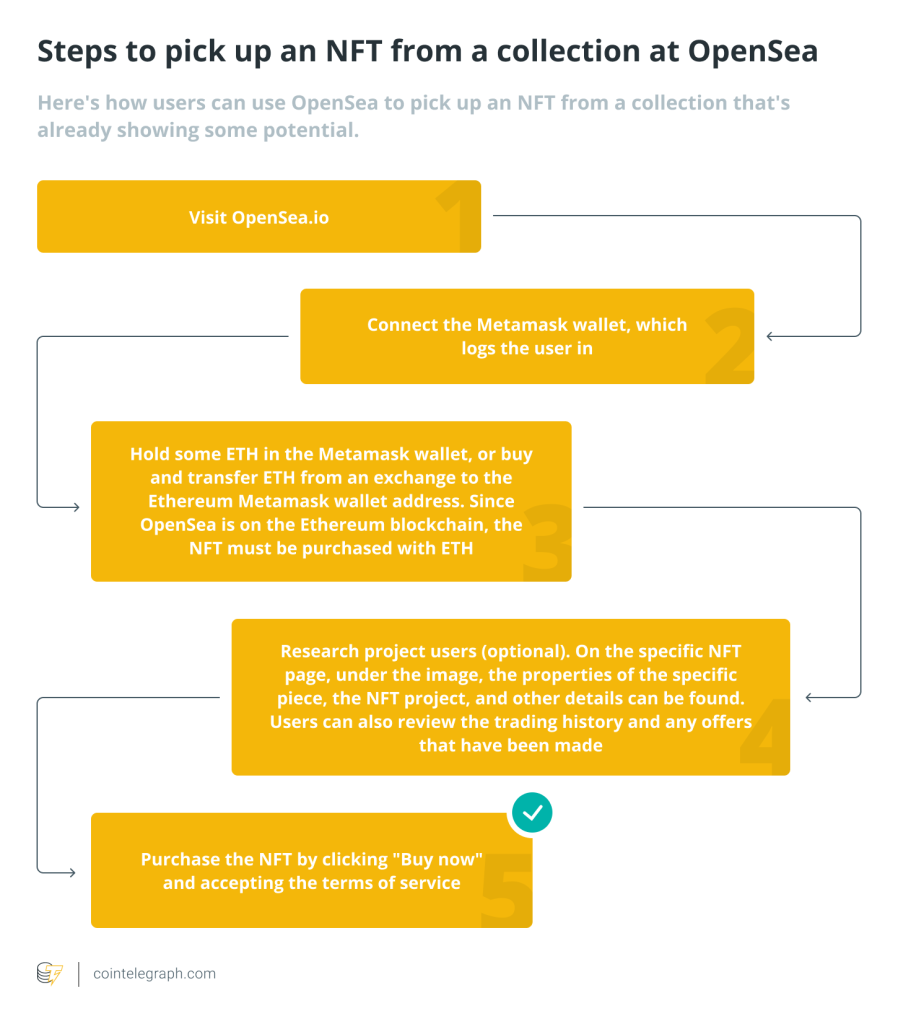
… [Trackback]
[…] Read More here to that Topic: x.superex.com/academys/deeplearning/1718/ […]
… [Trackback]
[…] Read More on that Topic: x.superex.com/academys/deeplearning/1718/ […]
… [Trackback]
[…] Read More on that Topic: x.superex.com/academys/deeplearning/1718/ […]
… [Trackback]
[…] Find More Information here on that Topic: x.superex.com/academys/deeplearning/1718/ […]
… [Trackback]
[…] There you can find 39170 more Info to that Topic: x.superex.com/academys/deeplearning/1718/ […]
… [Trackback]
[…] Read More Information here on that Topic: x.superex.com/academys/deeplearning/1718/ […]
… [Trackback]
[…] Info on that Topic: x.superex.com/academys/deeplearning/1718/ […]
… [Trackback]
[…] Read More to that Topic: x.superex.com/academys/deeplearning/1718/ […]
… [Trackback]
[…] Read More on on that Topic: x.superex.com/academys/deeplearning/1718/ […]
… [Trackback]
[…] Read More on that Topic: x.superex.com/academys/deeplearning/1718/ […]
… [Trackback]
[…] There you can find 84544 more Information on that Topic: x.superex.com/academys/deeplearning/1718/ […]
… [Trackback]
[…] Read More here to that Topic: x.superex.com/academys/deeplearning/1718/ […]
… [Trackback]
[…] There you will find 74710 more Information to that Topic: x.superex.com/academys/deeplearning/1718/ […]
… [Trackback]
[…] Read More on to that Topic: x.superex.com/academys/deeplearning/1718/ […]
… [Trackback]
[…] Read More to that Topic: x.superex.com/academys/deeplearning/1718/ […]
… [Trackback]
[…] Read More Information here to that Topic: x.superex.com/academys/deeplearning/1718/ […]
… [Trackback]
[…] Information on that Topic: x.superex.com/academys/deeplearning/1718/ […]
… [Trackback]
[…] Find More here to that Topic: x.superex.com/academys/deeplearning/1718/ […]
… [Trackback]
[…] There you can find 21207 more Info to that Topic: x.superex.com/academys/deeplearning/1718/ […]
… [Trackback]
[…] Read More here to that Topic: x.superex.com/academys/deeplearning/1718/ […]
… [Trackback]
[…] There you will find 86270 more Info to that Topic: x.superex.com/academys/deeplearning/1718/ […]
… [Trackback]
[…] Find More here to that Topic: x.superex.com/academys/deeplearning/1718/ […]
… [Trackback]
[…] Information to that Topic: x.superex.com/academys/deeplearning/1718/ […]
… [Trackback]
[…] There you will find 5711 more Information on that Topic: x.superex.com/academys/deeplearning/1718/ […]
… [Trackback]
[…] Here you can find 82183 additional Info to that Topic: x.superex.com/academys/deeplearning/1718/ […]
… [Trackback]
[…] Read More on on that Topic: x.superex.com/academys/deeplearning/1718/ […]
… [Trackback]
[…] Find More to that Topic: x.superex.com/academys/deeplearning/1718/ […]
… [Trackback]
[…] There you will find 15643 additional Info to that Topic: x.superex.com/academys/deeplearning/1718/ […]
… [Trackback]
[…] Find More to that Topic: x.superex.com/academys/deeplearning/1718/ […]
… [Trackback]
[…] There you can find 55760 more Information on that Topic: x.superex.com/academys/deeplearning/1718/ […]